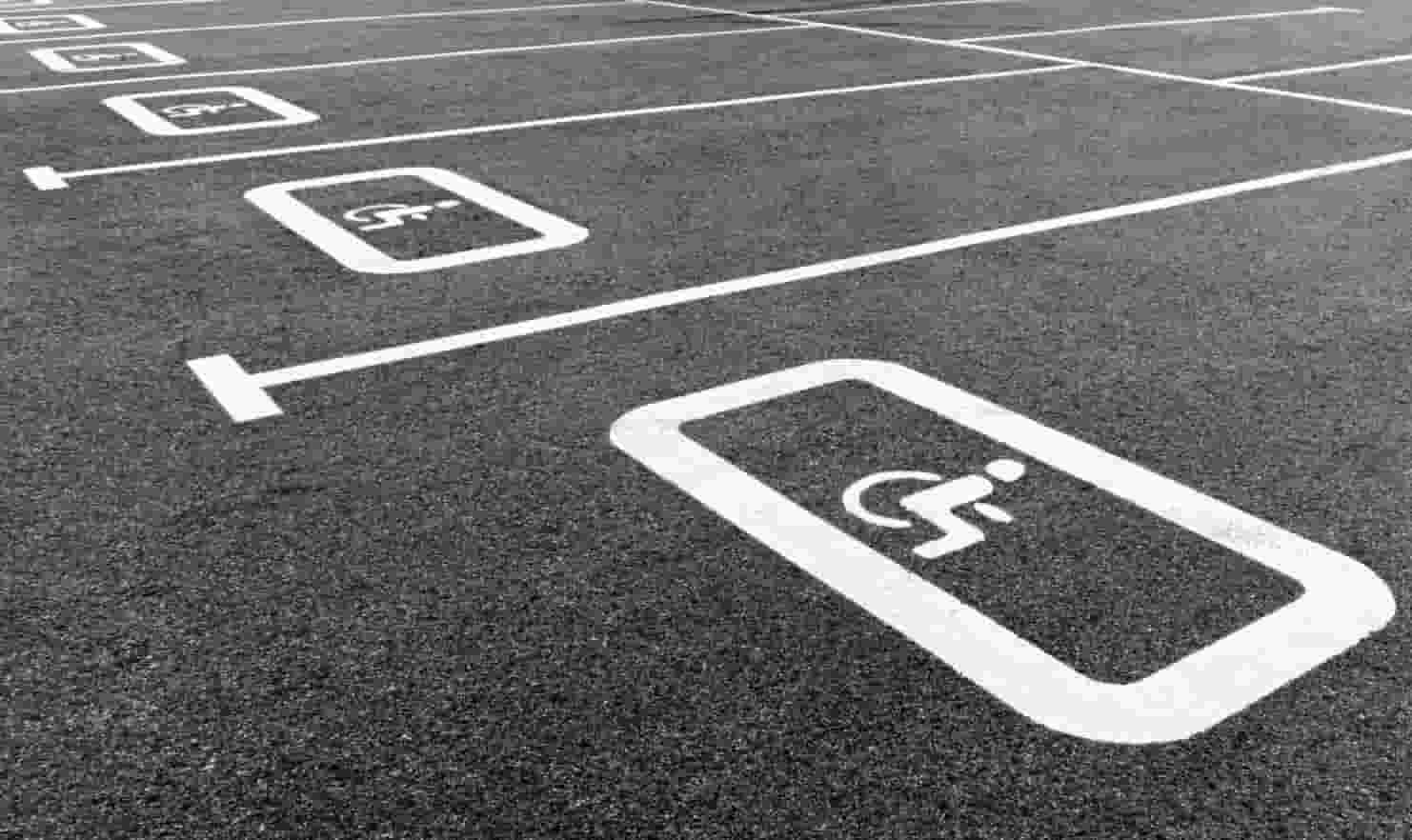E-Parking for the Disabled: Chania Takes a Step Towards Inclusive Mobility3 min read
Did you know that people with disabilities constitute the world’s largest minority, accounting for 15% of the world’s population? Currently, the world has over 1 billion people with disabilities, the majority of whom have to face challenging marginalization, poverty, and exclusion from society. This article focuses on how e-parking for the disabled can increase accessibility in their everyday lives.
From access to healthcare and education to even everyday parking, people with disabilities regularly deal with non-inclusive environments. To make life easier for the disabled in terms of parking and mobility, the Municipality of Chania – located in Crete, Greece – has designed an elaborate e-parking system, making parking spaces more accessible.
Let’s understand how the system works.
Illegal occupation of accessible parking spaces – a growing problem
Currently, the city of Chania has a total of 160 parking spots reserved for people with disabilities. However, most of these spaces were illegally occupied by able drivers. As a result, people with disabilities either cannot park their cars or have to travel miles out of the way to find a parking spot.
To counter this problem, the Municipality of Chania has developed an innovative e-parking management system for persons with disabilities.
Read Also: Handicap Parking Permits: How to Get One
Electronic parking management – The Solution
Initially run as a pilot project, this integrated parking management system features special, Bluetooth-enabled cards for disabled people, facilitating real-time monitoring of available parking spaces through a mobile app. Using this app, disabled people can find the best parking space according to their needs.
The system also eliminates the problem of the illegal occupation of accessible parking spaces in its own unique way. All the accessible parking spaces have ground sensors installed, which update the occupancy status in real-time, feeding it to a centralized database platform. Traffic police have access to this platform, allowing them to monitor the use of space and take action when it’s illegally occupied.
Better participation for people with disabilities
This e-parking system allows seamless mobility for disabled people without them having to worry about already occupied parking spaces. As a result, this encourages integration and improves the participation of differently-abled people in urban life.
Within one year, the e-parking management system has reduced the illegal occupation of reserved parking spaces by over 60%.
Apart from that, increased participation of disabled people has also been observed in bureaucratic and operations spheres as well, where the Municipality of Chania explicitly hired disabled people to build the city’s website and mobile app.
Even tourist places, such as beaches, have been made disabled people-friendly, with dedicated SEATRAC platforms that allow differently-abled people to access the sea and enjoy the beach experience. Surveys of both tourists and residents with disabilities reflect high levels of satisfaction with the improved accessibility of urban centers, thanks to the hassle-free parking system.
In summary
The installation of the e-parking system will undoubtedly improve the quality of life of people with dsabilities living in Chania. As the numbers suggest, illegal parking will be eliminated entirely in the coming few years, allowing for better urban access and participation of differently-abled people.
Many countries are taking cues from Chania and are readily developing accessible parking systems for inclusive mobility and parking ecosystem. Hopefully, with improved infrastructure, disabled people will have a way to overcome physical barriers and lead independent, fulfilling lives.



